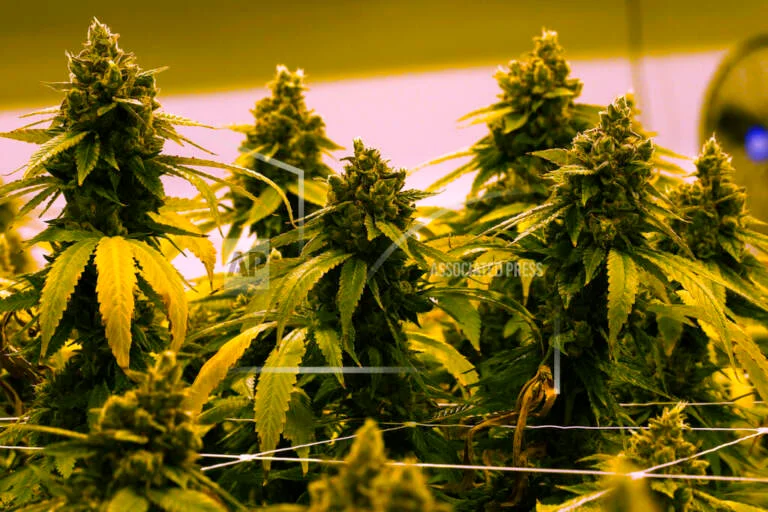State-level cannabis legalization in the United States has seen significant growth over the past decade, particularly after the 2018 Farm Bill legalized “hemp,” which contains very low levels of Delta-9 THC, the main intoxicating compound in cannabis. This legalization has led to a nationwide market for CBD and “Delta-8” products, which some believe are not restricted by federal cannabis laws.
In response to the expanding cannabis market and challenges in regulating state-level cannabis programs, a growing anti-legalization movement has emerged. This movement employs various legal, political, and social strategies aimed at changing public perception and influencing policymakers to slow or reverse cannabis legalization efforts at both state and federal levels.
Despite significant public support for cannabis reform, anti-legalization groups have made strides in recent elections. In November, three out of four states with legalization initiatives on their ballots voted against them. Notably, in Florida, a proposed ballot measure to legalize recreational cannabis failed to secure the necessary 60% approval, despite polls showing that approximately 66% of voters were in favor. Meanwhile, North Dakota and South Dakota also rejected measures for legalization, while Nebraska approved two proposals to legalize and regulate medical cannabis.
The defeat in Florida was surprising to many, as polling indicated strong support for legalization. However, anti-legalization groups effectively shifted their messaging, focusing on the notion that the legalization initiative was a scheme benefiting corporate interests in the state’s medical cannabis sector, rather than emphasizing fears of crime or drug use. This approach resonated with voters and may have contributed to the measure’s failure.
Additionally, the situation in states like New York has highlighted divisions among stakeholders in the cannabis industry, with lawsuits revealing conflicts between established medical operators and new market entrants. This internal conflict may have further fueled skepticism among voters regarding the motives behind legalization initiatives.




